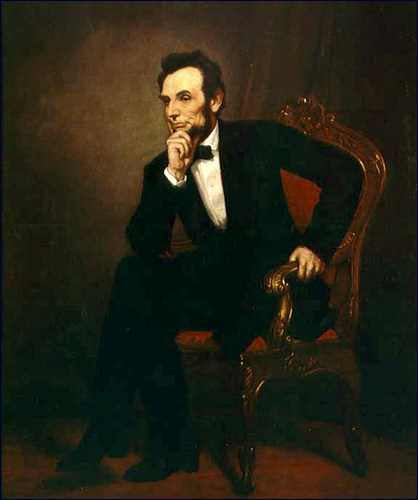
Abraham Lincoln, by G.P.A. Healy, 1887 – from the White House
See also James Madison, Father of the Constitution (1751-1836).
Abraham Lincoln became the United States’ 16th President in 1861, issuing the Emancipation Proclamation that declared forever free those slaves within the Confederacy in 1863. The son of a Kentucky frontiersman, Lincoln had to struggle for a living and for learning. Five months before receiving his party’s nomination for President, he sketched his life:
“I was born Feb. 12, 1809, in Hardin County, Kentucky. My parents were both born in Virginia, of undistinguished families–second families, perhaps I should say. My mother, who died in my tenth year, was of a family of the name of Hanks…. My father … removed from Kentucky to … Indiana, in my eighth year…. It was a wild region, with many bears and other wild animals still in the woods. There I grew up…. Of course when I came of age I did not know much. Still somehow, I could read, write, and cipher … but that was all.”
Lincoln made extraordinary efforts to attain knowledge while working on a farm, splitting rails for fences, and keeping store at New Salem, Illinois. He was a captain in the Black Hawk War, spent eight years in the Illinois legislature, and rode the circuit of courts for many years. His law partner said of him, “His ambition was a little engine that knew no rest.”
He married Mary Todd, and they had four boys, only one of whom lived to maturity. In 1858 Lincoln ran against Stephen A. Douglas for Senator. He lost the election, but in debating with Douglas he gained a national reputation that won him the Republican nomination for President in 1860.
As President, he built the Republican Party into a strong national organization. Further, he rallied most of the northern Democrats to the Union cause. On January 1, 1863, he issued the Emancipation Proclamation that declared forever free those slaves within the Confederacy.
. . .
Lincoln won re-election in 1864, as Union military triumphs heralded an end to the war. In his planning for peace, the President was flexible and generous, encouraging Southerners to lay down their arms and join speedily in reunion.
The spirit that guided him was clearly that of his Second Inaugural Address, now inscribed on one wall of the Lincoln Memorial in Washington, D. C.: “With malice toward none; with charity for all; with firmness in the right, as God gives us to see the right, let us strive on to finish the work we are in; to bind up the nation’s wounds…. ”
On Good Friday, April 14, 1865, Lincoln was assassinated at Ford’s Theatre in Washington by John Wilkes Booth, an actor, who somehow thought he was helping the South. The opposite was the result, for with Lincoln’s death, the possibility of peace with magnanimity died.
From the White House web site.
America the Story of Us: Lincoln | History
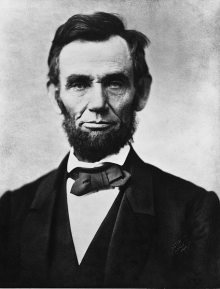
Gettysburg Address
Fourscore and seven years ago our fathers brought forth on this continent a new nation, conceived in Liberty and dedicated to the proposition that all men are created equal.
Now we are engaged in a great civil war, testing whether that nation or any nation so conceived and so dedicated can long endure. We are met on a great battle field of that war. We have come to dedicate a portion of that field, as a final resting-place for those who here gave their lives that that nation might live. It is altogether fitting and proper that we should do this.
But, in a larger sense, we can not dedicate – we can not consecrate – we can not hallow – this ground. The brave men, living and dead, who struggled here, have consecrated it, far above our poor power to add or detract. The world will little note, nor long remember, what we say here, but it can never forget what they did here. It is for us the living, rather, to be dedicated here to the unfinished work which they who fought here have thus far so nobly advanced. It is rather for us to be here dedicated to the great task remaining before us – that from these honored dead we take increased devotion to that cause for which they gave the last full measure of devotion – that we here highly resolve that these dead shall not have died in vain – that this nation, under God, shall have a new birth of freedom – and that government of the people, by the people, for the people, shall not perish from the earth.
Abraham Lincoln, Speech at the Dedication of the National Cemetery at Gettysburg, PA, November 19, 1863
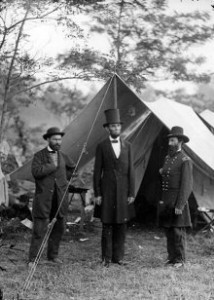
Lincoln’s Gettysburg Address – from the Library of Congress
The Gettysburg Address, Bliss Copy, appears in our Pocket Constitution.
The Civil War: The Gettysburg Address
Abraham Lincoln, Gettysburg Address from the movie ‘Saving Lincoln’
The Gettysburg Address Explained (Feat. John Renn) US History Review
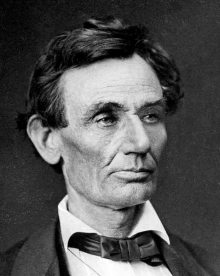
Second Inaugural Address
At this second appearing to take the oath of the presidential office, there is less occasion for an extended address than there was at the first. Then a statement, somewhat in detail, of a course to be pursued, seemed fitting and proper. Now, at the expiration of four years, during which public declarations have been constantly called forth on every point and phase of the great contest which still absorbs the attention, and engrosses the energies of the nation, little that is new could be presented. The progress of our arms, upon which all else chiefly depends, is as well known to the public as to myself; and it is, I trust, reasonably satisfactory and encouraging to all. With high hope for the future, no prediction in regard to it is ventured.
On the occasion corresponding to this four years ago, all thoughts were anxiously directed to an impending civil war. All dreaded it–all sought to avert it. While the inaugeral [sic] address was being delivered from this place, devoted altogether to saving the Union without war, insurgent agents were in the city seeking to destroy it without war–seeking to dissole [sic] the Union, and divide effects, by negotiation. Both parties deprecated war; but one of them would make war rather than let the nation survive; and the other would accept war rather than let it perish. And the war came.
One eighth of the whole population were colored slaves, not distributed generally over the Union, but localized in the Southern part of it. These slaves constituted a peculiar and powerful interest. All knew that this interest was, somehow, the cause of the war. To strengthen, perpetuate, and extend this interest was the object for which the insurgents would rend the Union, even by war; while the government claimed no right to do more than to restrict the territorial enlargement of it. Neither party expected for the war, the magnitude, or the duration, which it has already attained. Neither anticipated that the cause of the conflict might cease with, or even before, the conflict itself should cease. Each looked for an easier triumph, and a result less fundamental and astounding. Both read the same Bible, and pray to the same God; and each invokes His aid against the other. It may seem strange that any men should dare to ask a just God’s assistance in wringing their bread from the sweat of other men’s faces; but let us judge not that we be not judged. The prayers of both could not be answered; that of neither has been answered fully. The Almighty has his own purposes. “Woe unto the world because of offences! for it must needs be that offences come; but woe to that man by whom the offence cometh!” If we shall suppose that American Slavery is one of those offences which, in the providence of God, must needs come, but which, having continued through His appointed time, He now wills to remove, and that He gives to both North and South, this terrible war, as the woe due to those by whom the offence came, shall we discern therein any departure from those divine attributes which the believers in a Living God always ascribe to Him? Fondly do we hope–fervently do we pray–that this mighty scourge of war may speedily pass away. Yet, if God wills that it continue, until all the wealth piled by the bond-man’s two hundred and fifty years of unrequited toil shall be sunk, and until every drop of blood drawn with the lash, shall be paid by another drawn with the sword, as was said three thousand years ago, so still it must be said “the judgments of the Lord, are true and righteous altogether”
With malice toward none; with charity for all; with firmness in the right, as God gives us to see the right, let us strive on to finish the work we are in; to bind up the nation’s wounds; to care for him who shall have borne the battle, and for his widow, and his orphan–to do all which may achieve and cherish a just and lasting peace, among ourselves, and with all nations.
Washington, DC, March 4, 1865
Lincoln’s Second Inaugural Address – 150th Anniversary Reenactment
This, too, shall pass away.
It is said an Eastern monarch once charged his wise men to invent him a sentence, to be ever in view, and which should be true and appropriate in all times and situations. They presented him the words: “And this, too, shall pass away.” How much it expresses! How chastening in the hour of pride! How consoling in the depths of affliction!
Abraham Lincoln, Address to the Wisconsin State Agricultural Society, Milwaukee, WI, September 30, 1859
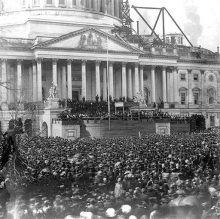
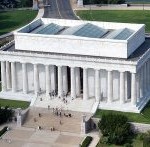
Other Sites
- Visit the Lincoln Memorial – from the National Park Service
- Abraham Lincoln: Sixteenth President 1861-1865 – from the White House
- Abraham Lincoln’s First Inaugural Address, Monday, March 4, 1861 – from the Project Bartleby Archive
- Abraham Lincoln’s Second Inaugural Address, Saturday, March 4, 1865 – from the Project Bartleby Archive
- Abraham Lincoln Online
- The History Place presents Abraham Lincoln
- Mr. Lincoln’s Virtual Library Preview – from the Library of Congress
- Abraham Lincoln Association
- Abraham Lincoln Institute
- Abraham Lincoln Associations – from Abraham Lincoln Online
- Abraham Lincoln Organizations – from Abraham Lincoln Art Gallery
Abraham Lincoln – Mini Biography
Books
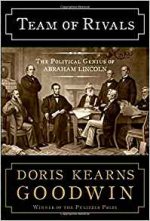
Team of Rivals: The Political Genius of Abraham Lincoln
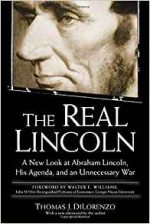
The Real Lincoln: A New Look at Abraham Lincoln, His Agenda, and an Unnecessary War
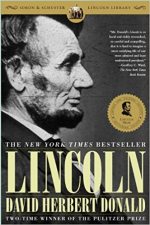
Lincoln
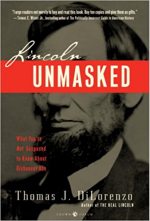
Lincoln Unmasked: What You're Not Supposed to Know About Dishonest Abe
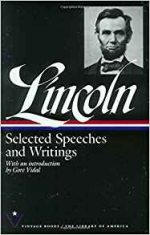
Selected Speeches and Writings: Abraham Lincoln
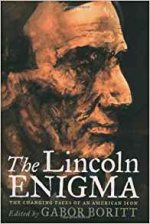
The Lincoln Enigma: The Changing Faces of an American Icon
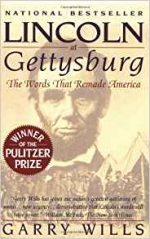
Lincoln at Gettysburg: The Words That Remade America
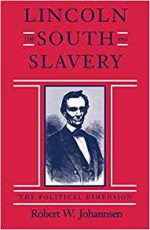
Lincoln, the South, and Slavery: The Political Dimension
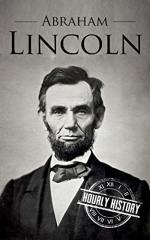
Abraham Lincoln: A Concise History of the Man Who Transformed the World
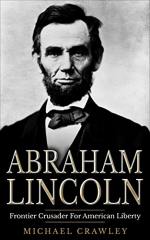
Abraham Lincoln: Frontier Crusader For American Liberty
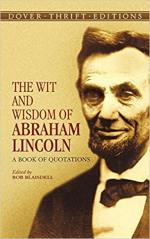
The Wit and Wisdom of Abraham Lincoln: A Book of Quotations
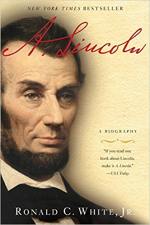
A. Lincoln: A Biography
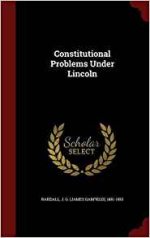
Constitutional Problems under Lincoln
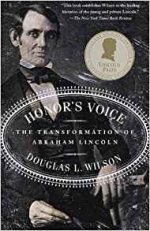
Honor's Voice: The Transformation of Abraham Lincoln
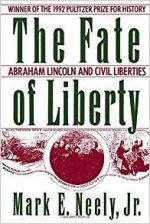
The Fate of Liberty: Abraham Lincoln and Civil Liberties
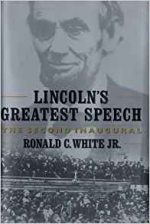
Lincoln's Greatest Speech: The Second Inaugural
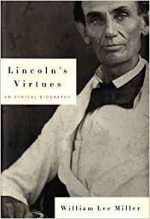
Lincoln's Virtues: An Ethical Biography
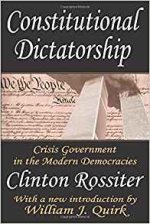
Constitutional Dictatorship: Crisis Government in the Modern Democracies
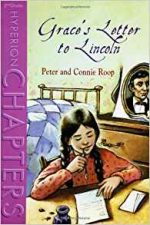
Grace's Letter to Lincoln
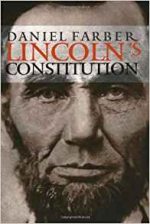
Lincoln's Constitution
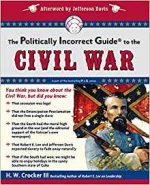
The Politically Incorrect Guide to the Civil War
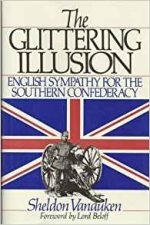
Glittering Illusion: English Sympathy for the Southern Confederacy
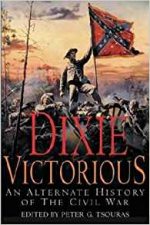
Dixie Victorious: An Alternate History of the Civil War
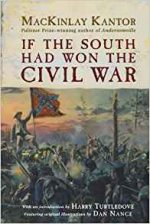
If The South Had Won The Civil War
A. Lincoln. Part 2: And This, Too, Shall Pass Away
For more than 40 years, TheCapitol.Net and its predecessor, Congressional Quarterly Executive Conferences, have been teaching professionals from government, military, business, and NGOs about the dynamics and operations of the legislative and executive branches and how to work with them.
Our custom on-site and online training, publications, and audio courses include congressional operations, legislative and budget process, communication and advocacy, media and public relations, testifying before Congress, research skills, legislative drafting, critical thinking and writing, and more.
TheCapitol.Net is on the GSA Schedule, MAS, for custom on-site and online training. GSA Contract GS02F0192X
TheCapitol.Net is now owned by the Sunwater Institute.
Teaching how Washington and Congress work ™

